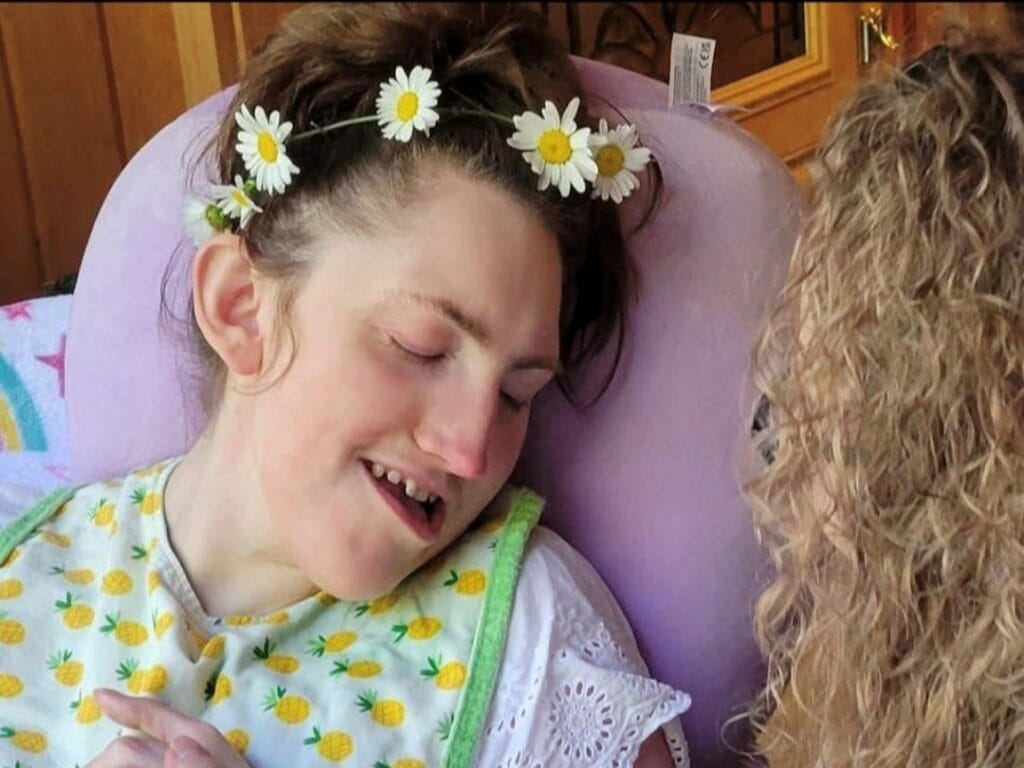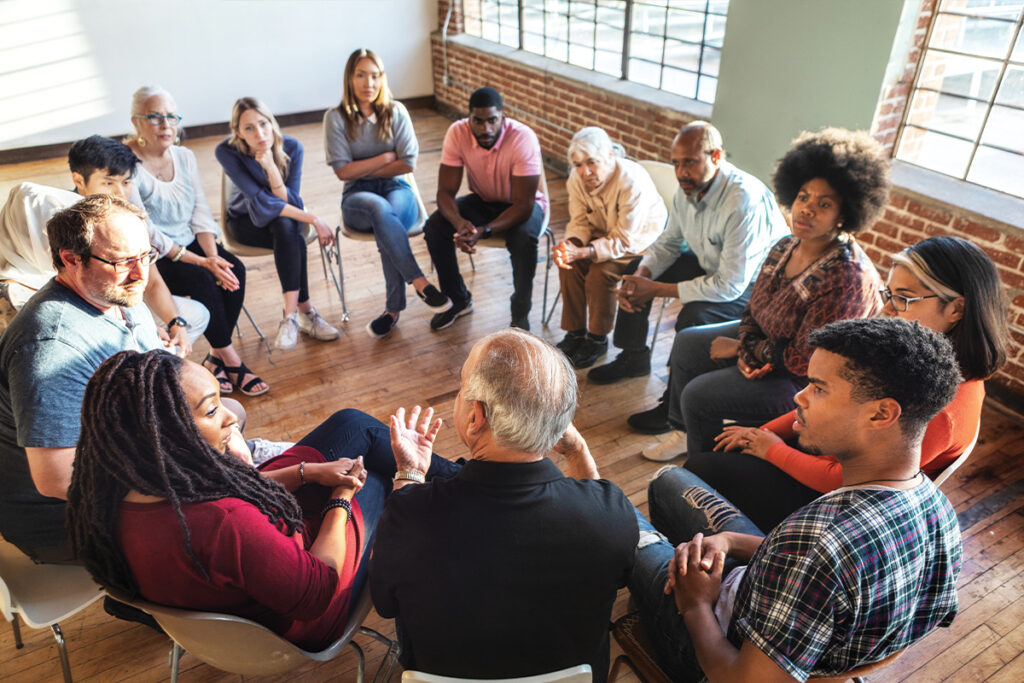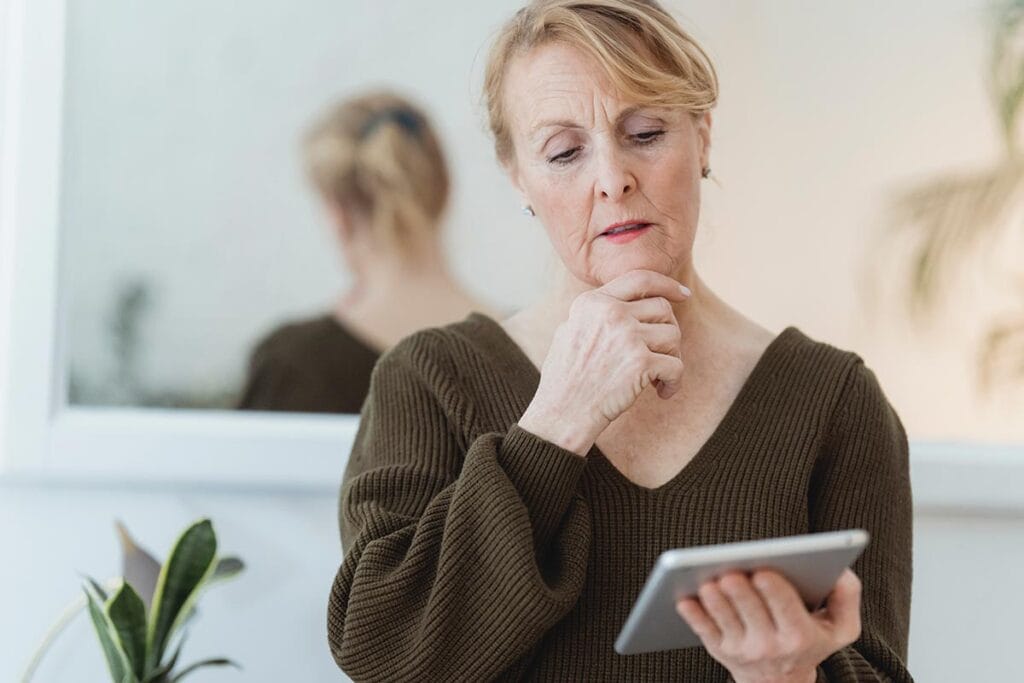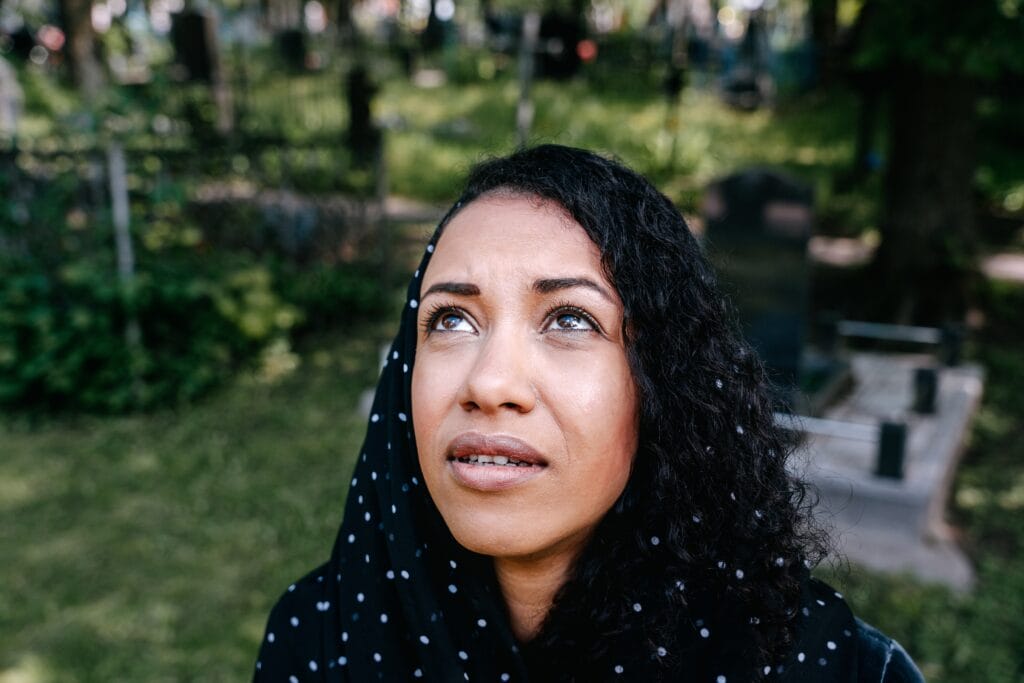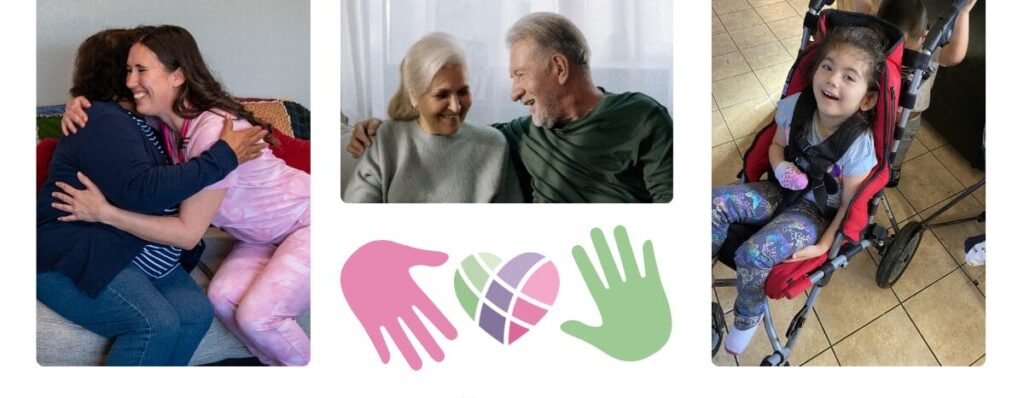Holding Their Hands Near the End

A message from Sam Tellez, Hospice RN Case Manager
As a hospice nurse, encountering death is constant.
Oftentimes, our patients are only with us a few days because their fear of coming onto hospice care delayed their admission.
My personal experience with my stepdad opened my mind to hospice. He had the best hospice nurse and team. We got to be with him for a year and a half while he was in hospice care.
I understand that people are scared. No one wants to lose their loved ones—we are selfish in that way. I was selfish when it came to my stepdad. The day he died I didn’t want him to go. I wanted to do CPR. I wanted them to do everything to save him, but I knew this was not what he wanted. His body was tired, and he had suffered with his disease.
I will never forget the last time we told each other, “I love you.” I was running out the door late to work and he was sitting outside in his chair.
The day he died is still fresh in my mind. We had just got home from the mountains, and I was downstairs when my mom came and told me the news. Looking back, I know there were a lot of signs that I didn’t realize meant he was close to leaving us.
The Transition
The day my grandma died she was admitted to hospice. I look back and think, “If I would have known then what I know now, I would have been there with my mom.” Grandma showed the classic signs of being close to death.
Most people generally have the same signs as they transition to end of life, but some patients surprise me.
They surprise me by dying when I’m not expecting it, and I feel like I have not prepared the family. There are times when I prepare the family for weeks before their loved one passes, yet the body’s fight to live is so strong the dying process seems to drag on.
Sometimes people say, “What is he/she waiting for?” Maybe the patient is waiting for one last visitor, or maybe they don’t want an audience. Talking through these scenarios with the family is emotional, but it’s what they need. I let them know it’s okay to do other things like watch TV, eat meals or do chores.
I have watched spouses become caregivers. The love they have is amazing. I wonder how they continue after their loved one is gone. I wish I had more time to check in with these spouses, but there are new patients to help. This is where our grief support and bereavement staff take over care.
A Smile I Won’t Forget
Recently, my patient, whom I’ve cared for since I started at Heartlinks in March of 2022, has made the transition to the end of life. This has been one of the hardest transitions I have dealt with.
This patient was spunky and gave us all a run for our money. Several nurses, social workers and bath aides cared for them. We all had struggles with them and yet also had special moments from our visits.
During many of my visits, I adjusted medications and made calls to pharmacies to solve the issues. But a lot of our visits also included talking about what Netflix series they were watching, recommending shows to watch, and reporting back the next week with what I thought of the show.
We shared many chats about the spiritual part of dying. This was something I never really thought about, but to this patient it was important because they believed there was something more than God. They said to me, “I want to be awake when I die. I want to see everything.” This struck me differently. It made me think of what else might be out there.
December was a busy month for me, and another nurse saw this patient for about three weeks. When I made it back to visit them, I had a hard time holding back my tears. The patient whom I had met months ago was so different. When I looked at the spouse, we both knew that this strong, independent person was gone. I knew it would be soon.
Most of my visits from then on consisted of sitting at the bedside holding their hands, watching the spouse provide the most unconditional loving care I have ever seen.
As the end grew nearer, I spent time educating the spouse on the necessity of routine medication even if the patient looked comfortable. Terminal agitation, restlessness and pain is real for some patients, and I feared this would happen if they did not administer medications to prevent it.
I gave my patient one last hug and kiss before I left. They gave their signature smile I always enjoyed seeing. I left the home that day knowing I would probably not see that smile again.
“Death leaves a heartache no one can heal. Love leaves a memory no one can steal.”
Richard Puz
There until the end
We aren’t supposed to create relationships with patients, but that is hard to do in most lines of nursing. After months of caring for a patient and their family, you create some kind of relationship with them. They become a part of you. And the family’s loss is sometimes our loss, too.
Sometimes our patients have many close family members. Sometimes we become their family. Sometimes I’m the one who sits with my patient and holds their hand as they take their last breaths.


